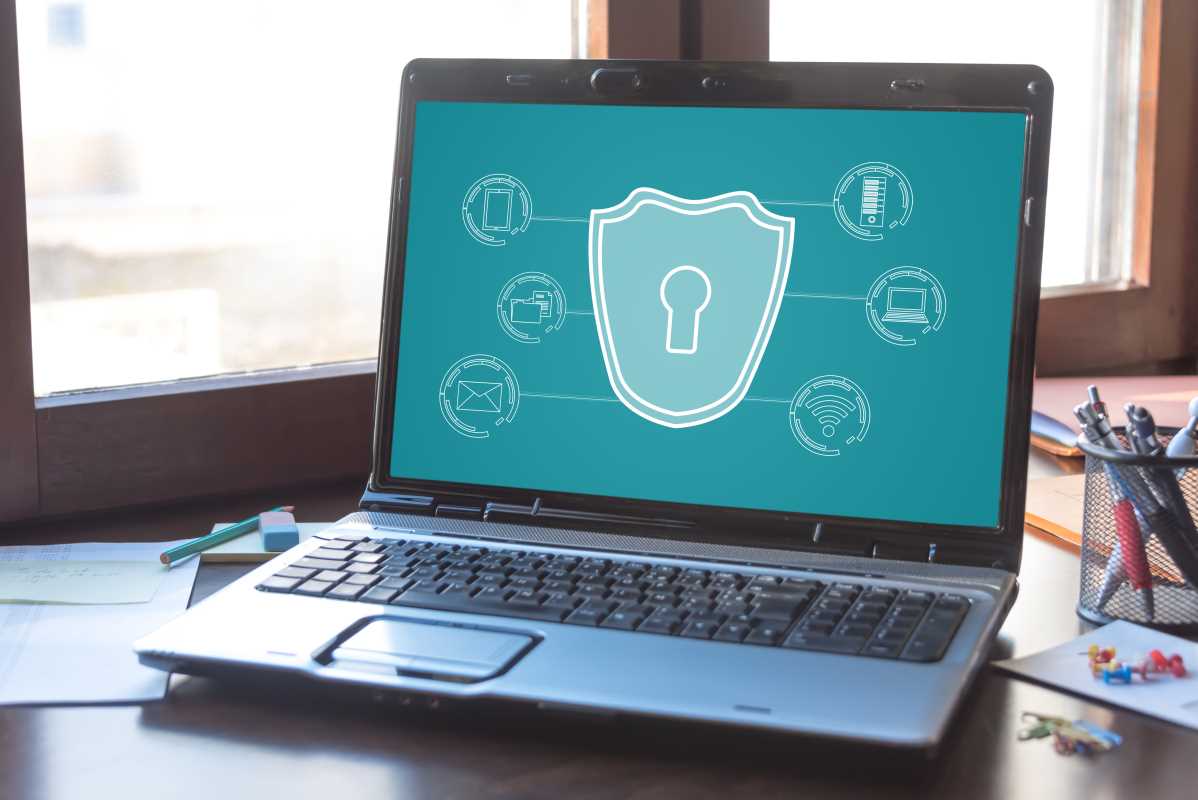Where the lines between work and personal life often blur, finding a harmonious balance can feel like an uphill battle. Many of us are caught in the relentless hustle, trying to juggle the demands of our careers with the desire to lead fulfilling personal lives. This struggle can leave us feeling overwhelmed and, in some cases, burnt out. But fear not! Achieving a healthy work-life balance is not only possible, but it's also crucial for our mental and physical well-being. Let’s dive into some engaging tips and strategies that can help you reclaim your time and create a more harmonious lifestyle.
Establish Clear Boundaries
The first step toward achieving a work-life balance is setting clear boundaries. This means defining when your workday starts and ends and sticking to those hours as much as possible. It’s tempting to check emails or finish up projects outside of designated work hours, especially when deadlines loom. However, doing so can blur the lines between work and personal time, leading to burnout.
Try creating a dedicated workspace where you can focus solely on work-related tasks. This physical separation can help signal to your brain that it’s time to switch gears. For instance, if you work from home, avoid setting up your desk in the bedroom or living room. Instead, choose a spot that you can easily walk away from at the end of the day, physically and mentally distancing yourself from work-related thoughts.
Additionally, communicate your work hours to your colleagues and loved ones. Let them know when you're available and when you need time to recharge. By establishing these boundaries, you create a structure that prioritizes your well-being and helps maintain productivity.
Prioritize Self-Care
In the quest for balance, self-care often takes a backseat. It’s easy to think that skipping a workout or neglecting personal time is acceptable for the sake of productivity. But self-care is not a luxury; it’s a necessity. Prioritizing activities that nourish your mind, body, and soul is crucial for maintaining a healthy work-life balance.
Engage in regular physical activity, whether it’s going for a walk, hitting the gym, or practicing yoga. Exercise is not only beneficial for your physical health; it also releases endorphins that boost your mood and alleviate stress. Additionally, consider incorporating mindfulness practices such as meditation or journaling into your routine. These activities can help you center your thoughts, process emotions, and reduce anxiety.
Don't forget the importance of social connections! Spend time with loved ones, catch up with friends, or indulge in hobbies that bring you joy. Engaging in fulfilling personal activities is essential for recharging your energy and nurturing your happiness.
Master Time Management
Effective time management is a game-changer when it comes to achieving a balanced life. Take the time to prioritize your tasks and set realistic goals. This doesn’t mean cramming your schedule full of to-do lists; rather, it’s about focusing on what truly matters.
Start by identifying your most critical tasks for the day and tackle those first. Use tools like planners, calendars, or digital apps to organize your schedule. Break larger projects into smaller, manageable tasks, which can make them less daunting and more achievable.
Additionally, be mindful of how you allocate your time. Avoid overcommitting yourself to obligations that don’t align with your priorities. It’s okay to say no sometimes! By protecting your time, you create space for personal activities and relaxation.
Communicate Openly
Effective communication is the backbone of maintaining a healthy work-life balance. Don't hesitate to express your needs and preferences to your colleagues, supervisors, and loved ones. Openly discussing your boundaries and priorities fosters mutual respect and understanding.
If you’re feeling overwhelmed with work responsibilities, talk to your manager about your workload. They may not be aware of your struggles and could offer support or adjustments to help you manage your time more effectively. Similarly, communicating your needs with family and friends can help them understand when you need personal time or support.
Embrace Flexibility
It's essential to remember that achieving a perfect work-life balance is more of a journey than a destination. Life is unpredictable, and circumstances can change in the blink of an eye. Embrace flexibility and adapt your strategies as needed. If work demands increase, reassess your priorities and adjust your schedule accordingly. This may mean temporarily shifting your self-care practices or social commitments.
Being flexible also means being kind to yourself. It's okay to have days where you feel out of balance or overwhelmed. Acknowledge these feelings without judgment and use them as opportunities to reassess your boundaries and priorities. Remember that balance is not about perfection; it’s about finding peace and fulfillment amidst life’s demands.
Establish a Routine
Routines can be incredibly beneficial in creating a sense of stability in your life. Developing a daily routine that includes time for work, self-care, and personal activities can help you feel more organized and less stressed. This doesn’t mean that every day needs to be exactly the same, but having a general structure can provide comfort and clarity.
Consider creating a morning routine that sets a positive tone for the day. This could include activities like journaling, exercising, or enjoying a healthy breakfast. Similarly, establish an evening routine that signals the end of the workday and allows you to unwind. This could involve disconnecting from technology, reading, or spending quality time with loved ones.
Leverage Technology Wisely
In our tech-savvy world, technology can be a double-edged sword. While it can help us stay connected and organized, it can also contribute to the blurring of work-life boundaries. Be intentional about how you use technology to support your balance rather than hinder it.
Consider setting specific times to check emails and messages rather than allowing them to interrupt your personal time. Additionally, explore productivity apps that can help you manage your tasks and schedule effectively. However, don’t hesitate to disconnect completely during personal time. Give yourself permission to unplug and be present in the moment.
Celebrate Small Wins
Finding balance is an ongoing process, and it's essential to celebrate your achievements, no matter how small. Take time to acknowledge the progress you've made in establishing boundaries, prioritizing self-care, or managing your time more effectively. Recognizing these wins can boost your motivation and reinforce positive habits.
Share your successes with friends or colleagues, and encourage them to celebrate their wins too. Building a supportive community can help create a culture of balance and well-being that extends beyond your individual efforts.
Finding harmony between work and personal time is a delicate dance that requires intention, mindfulness, and self-awareness. By setting boundaries, prioritizing self-care, mastering time management, and communicating openly, you can achieve a healthy balance that promotes your overall well-being. Remember, a balanced life is not about perfection but about creating a fulfilling and peaceful existence amidst life’s many demands.
So, take a deep breath, embrace the journey, and make your well-being a priority. You deserve it!







